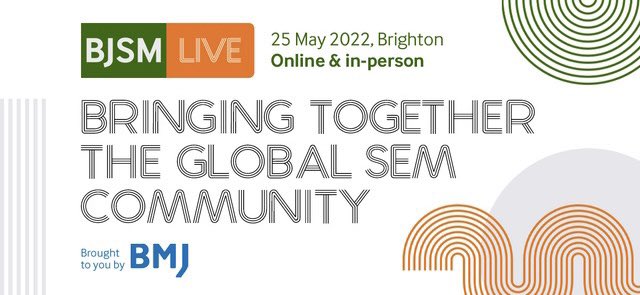My journey to my #PhD program was an absolute #strugglebus. I graduated with a 2.75 GPA from @GeorgiaTech. Most grad applicants have a 3.5 or higher. #Yikes
I applied anyway 🤷🏾♀️🤷🏾♀️🤷🏾♀️ (I didn't get admitted into any programs - post bacc, M.S., or PhD) #AcademicChatter
I applied anyway 🤷🏾♀️🤷🏾♀️🤷🏾♀️ (I didn't get admitted into any programs - post bacc, M.S., or PhD) #AcademicChatter
Fortunately, my mentor @RaquelLieberman gave me the opportunity to work as a #research technician in her lab for 2 yrs to gain the experience I needed for grad school.
This is when I first started studying essential pathways that we could disrupt to kill disease causing bacteria
This is when I first started studying essential pathways that we could disrupt to kill disease causing bacteria
After working in her lab for almost 2 years..I reapplied again. This time I felt VERY confident I was ready for the #PhD.
I was denied admission to every single grad program I applied to (including the one I'm in now).
I was denied admission to every single grad program I applied to (including the one I'm in now).
The turning point in my career was when the Directors of @UMich_MCDB #fullyfunded pathways M.S. program recruited me to apply. I took out a LOT of loans for undergrad so I couldn't afford to pay for grad school. I applied, got in, & graduated w/ a 4.0
Everything I learned with @RaquelLieberman helped me thrive in my M.S. lab (Shout out @Chapman_Lab) where I continued work w/ antibiotic resistance. Then I won a #Fulbright & #BelgianAmericanEducationalFoundation fellowship. Moved to #Belgium for a year to continue similar work.
Then I came back and started my Ph.D. in #cardiovascular #pharmacology and now I'm all about treating #heartdisease #arrhythmia.
TLDR; the struggle was real, but where there's a will there's a way.
TLDR; the struggle was real, but where there's a will there's a way.
• • •
Missing some Tweet in this thread? You can try to
force a refresh









